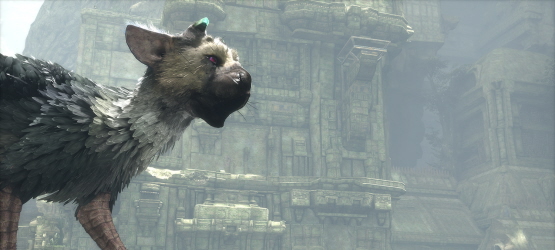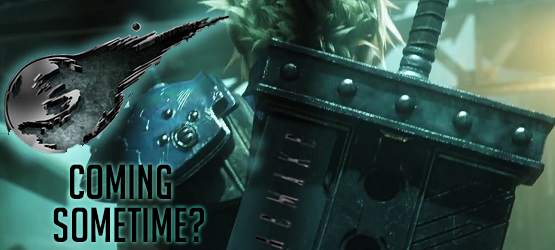There’s been a debate on when developers should be announcing their games? One year before release? Two years? Mere months? In today’s Daily Reaction we discuss the pros and cons for announcing a game at differing points in development. Will we come to a conclusion of what timeframe is right?
Chandler: There is not a solid precedent set in the industry for when developers and publishers should announce their games. Some developers will announce about six months before release, as we saw with Bethesda and the recently confirmed Fallout 4. Others will put their game on display years before it sees its way into our living rooms, sometimes resulting in delays, or the possibility of the game never coming to fruition at all. So what is the optimum time to reveal your game before releasing it? There may not be a solid answer for every game.
Close to release is a great option. When you show off your game, you have a product that is close to finished. It more accurately represents what your goals and intentions are with the final product. You can talk about specific features that are finalized in the game, show real gameplay footage, and in general get your audience hyped about the actual game, as opposed to rallying them around the idea of what your game is. This approach works great for established games in which people already know a lot of what to expect. Fallout 4 and Call of Duty: Black Ops 3 are great examples. Just a little bit of time to digest the new features and get players excited is all these games need to sell megatons.
New IPs that need to prove themselves would do well to step away from such a close release window. More time for pre-coverage leading up to the game’s release can help unknown titles gain traction by slowly introducing people to their features and building the hype for the game. There’s a balance for constructing hype. Release too soon, and they hype will not have built enough for players to jump onboard. Wait too long however, and the bubble may have burst, with people having moved on. It’s a double edged sword, and one that is carefully weighed by groups of people whose jobs it is to craft a release schedule for information to manage the hype around a game. This is why leaks can be so damning.
Of course, earlier announcements give developers a chance to adjust their game based on community feedback. Features and options may not yet be set in stone and the creators may utilize information gained from the announcement to see what direction they should take many features in their game. As an individual and a gamer, I traditionally hate seeing games announced much more than a year before they release, because let’s get real, waiting sucks. However, I can also appreciate the changes implemented over long periods of time to turn something that was just a good idea on paper into a great experience in my living room.

Dan: I think the question about when to announce a product is a difficult decision that is never taken lightly by either a publisher or a developer, but I do think there are some real world issues that can always push or pull a release outside of either of their control. The one thing that we have seen in the industry for some time is the need for a product to shift its release based on another IP that could potentially mitigate its hype and sales potential. A game like Grand Theft Auto has always been one of those games that anyone with a related product would probably want to avoid releasing near.
The other major issue, is the need for every publisher to show off what it has down the pipeline to gauge interest and reassure investors. Regardless of a product is done or not, there is an understandable level of pressure being placed on development teams to not only push the envelope, but to also reach milestones. So, as we have said before, leaks can become a major issue and force a game into the spotlight before it is ready. So, with all of that said, when do I think is the right time? When it needs to be.
I know that doesn’t sound like a real answer, but I think there is a perceived need for catch-alls in the industry that really do not do us any service. We have seen games shown so far off from being completed that we are either getting little more than a logo or a doodle someone did on a napkin, to something being available at that moment. As Chandler had just explained, there are benefits and issues with each approach, but ultimately what is best for the product will be determined by what the developer is needing to get by its reveal. If we look at Shenmue 3’s announcement at Sony’s E3 2015 conference, it is easy to see that there was more of a need to establish an existing fanbase over simply generating buzz to lead into sales. That is simply what the product needed.
On a product that simply needs no direction from the community, and is simply about generating hype before sales, I would have to say only around six to nine months. Given the industry’s inability to let any gamer really focus on a single product for too long, without getting shown something even more extravagant, anything longer would just cause them to forget. But, there is a reality outside of the hardcore market that is significantly slower at finding out about products, so you really cannot have too little of a window, as it could easily pass by those who don’t live in the same climate that many of us do.
So, as I said, I think the best time for a game to be announced is simply when it needs to be, as what really matters is what is best to bring gamers the best experience possible.
What’s your ideal time from announcement to release? Would you rather wait longer for more changes, or just have the game as soon as possible? Let us know in the comments below, send your thoughts to DailyReaction@PlayStationLifeStyle.net, or wait eagerly for our tweets on Twitter @Foolsjoker and @Finchstrife.








